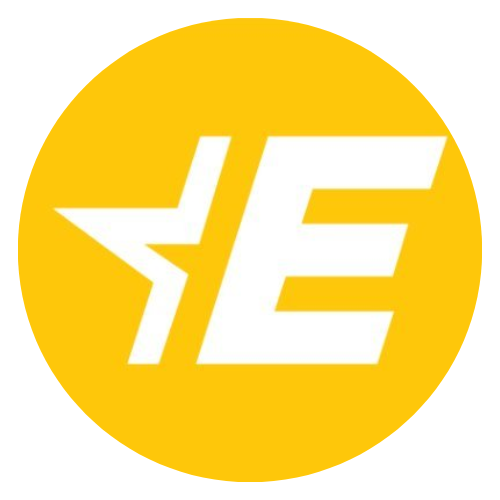While designed to balance safety and innovation, Europe’s AI Code of Practice is facing criticism. Intended to complement the AI Act as a voluntary guide, some now fear its non-binding nature could be exploited as a loophole.
For over a year, a fierce battle raged over the document. The European Commission, positioning itself as pro-innovation, had to navigate between aggressive industry lobbying and pressure from civil society groups and MEPs, who feared the code was becoming too lenient – undermining the very AI Act it was supposed to support.
A question loomed in the background: Is it even possible to create meaningful regulation that companies adopt voluntarily – without it becoming a toothless gesture?
